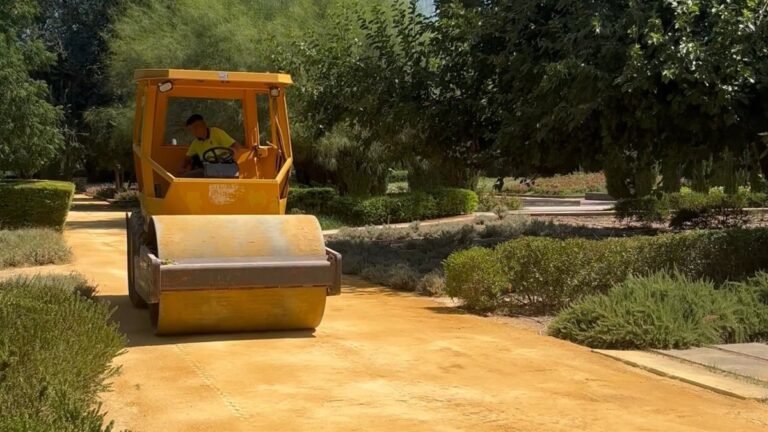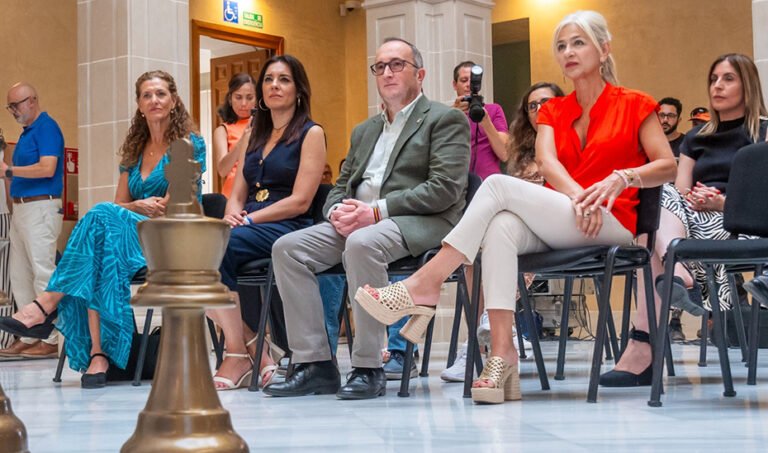
The Court of Seville has acquitted the caregiver of a nonagenarian elderly man of an alleged crime of fraud that she faced for alleged money withdrawals with the person’s bank card and allegedly without authorization, highlighting the «exercise of sincerity» by the defendant and that only «suspicions and conjectures» from the elderly man’s heir weigh against her.
In a judgment issued on April 9 and reported by Europa Press, the Third Section of the Court of Seville states that the accused, a caregiver between January and August 2022 of a then 92-year-old resident of Santiponce who has since passed away, faced the accusation of an alleged fraud against this person. According to the Prosecutor’s Office, she allegedly made five money withdrawals at an ATM with a bank card provided by the elderly man but without his authorization, allegedly taking 200 euros on August 17, 2022, and amounts of 600 euros each on August 18, 21, 22, and 23, always without the «consent» of the woman.
The court considers it proven that the accused «was working as a caregiver» for the elderly man between January and August 2022 and «as part of the care tasks she performed, she was responsible for accompanying him to the bank to withdraw money,» stating that on August 17, 2022, she accompanied this resident to withdraw 400 euros and then, two hours later, she went «alone» to the same ATM and withdrew 200 euros; as well as that the next day she withdrew 600 euros.
THE TESTIMONY OF THE ACCUSED
«These facts are considered proven, first, because the accused herself acknowledges their reality, and second, because of the documentary evidence provided, including videos provided by Caja Rural, which confirm» these withdrawals, the Court states, adding that «in relation to the withdrawal of 600 euros made on August 18, 2022, it is noteworthy that, in the absence of any video evidence in the case to support the presence of the accused at the ATM, she voluntarily admits that she was the one who made the money withdrawal transaction,» instead of denying it.
«While it is undeniable that the first withdrawal, amounting to 400 euros, was carried out with the account holder’s consent, (…) doubts arise regarding the other two transactions, those carried out at 11:00 a.m. on August 17 and on August 18, for amounts of 200 and 600 euros, respectively,» the court says, explaining that the accused attributes them to the «directives» of the elderly woman to «pay for damages caused inside her home and the caregiver’s salary»; given that «there is not a single piece of evidence in the record, not even of an indirect nature, to refute the accused’s statements.»
The court thus confirms the damages in the home mentioned by the accused and notes that «the second withdrawal is not recorded by any security camera at the bank» and the accused «could have simply denied her participation, but surprisingly, she admitted to it, which is an exercise of sincerity that should not be interrupted when she provides a justification for this payment.»
NO «HINT OF CERTAINTY OF FRAUD»
The court also does not find the accused’s involvement in the other money withdrawals subject to trial proven, concluding that there are no indications to support «a hint of certainty that the accused acted fraudulently.»
«Undoubtedly, the statement –of the elderly man– would have been crucial to understand what happened, but unfortunately, he has passed away and has not been able to provide his version of the events, neither during the investigation phase nor at the trial. Likewise, it would have been interesting to hear from the Civil Guards who prepared the police report, but, surprisingly, they were not called to testify. The only possible evidence of guilt left are suspicions and conjectures from a witness who, after having little contact with the deceased in life, as she herself has acknowledged, turned out to be his heir,» the court summarizes, acquitting the accused because «there is no evidence of guilt that undermines the right to the presumption of innocence.»





